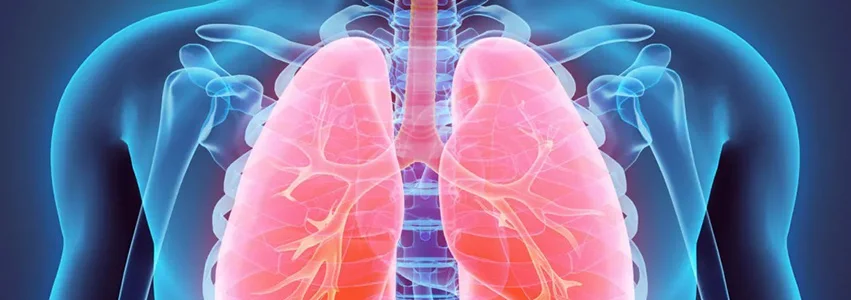
Respiratory Diseases
Respiratory diseases affect the organs and tissues involved in breathing, including the lungs, airways, and respiratory muscles. These conditions can range from mild to severe and may impact an individual's ability to breathe effectively.
Here are some common respiratory diseases:
- 1. Asthma: Asthma is a chronic inflammatory condition of the airways characterized by recurrent episodes of wheezing, breathlessness, chest tightness, and coughing. Triggers for asthma attacks may include allergens, exercise, respiratory infections, and environmental factors.
- 2. Chronic Obstructive Pulmonary Disease (COPD): COPD is a progressive lung disease that includes chronic bronchitis and emphysema. It is characterized by airflow obstruction, leading to symptoms such as shortness of breath, coughing, and excessive mucus production. Smoking is the primary cause of COPD.
- 3. Pneumonia: Pneumonia is an infection of the lungs caused by bacteria, viruses, or fungi. It leads to inflammation of the air sacs in the lungs (alveoli), causing symptoms such as fever, cough, chest pain, and difficulty breathing. Pneumonia can range from mild to life-threatening, especially in older adults and individuals with weakened immune systems.
- 4. Influenza (Flu): Influenza is a contagious viral infection of the respiratory tract that can cause mild to severe illness. Symptoms of the flu include fever, chills, cough, sore throat, body aches, and fatigue. Complications such as pneumonia can occur, particularly in high-risk individuals.
- 5. Tuberculosis (TB): Tuberculosis is a bacterial infection caused by Mycobacterium tuberculosis. It primarily affects the lungs but can also affect other parts of the body. Symptoms of TB include coughing, chest pain, fatigue, weight loss, fever, and night sweats. TB is a major global health concern, especially in regions with limited access to healthcare and resources.

